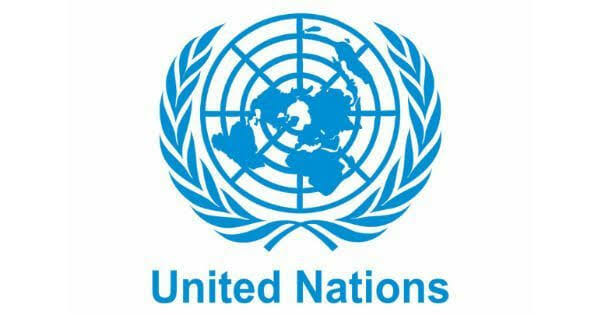UN Special Representative in South Sudan, Nicholas Haysom has issued a warning to the Security Council on Wednesday that new “headwinds” could threaten the country’s fragile peace accord, following years of brutal civil conflict.
“I call on the parties to muster a renewed sense of political will and build trust, to avoid a state of paralysis, and, in a worst-case scenario, a collapse of the peace agreement,” Haysom said.
The world’s youngest nation has been mired in instability and conflict since gaining independence from Sudan 10 years ago.
In 2018, President Salva Kiir and his former Vice President and long-time political rival Riek Machar, signed the agreement hoping to end the crisis.
When the Special Representative last briefed the Council, in September, he noted “significant strides” – but his assessment was more cautious on Wednesday, pointing to “reduced momentum”.
“The steps taken so far in the implementation of the Revitalised Peace Agreement are welcome, however, they are not sufficient if the peace process is to be sustained,” he argued.
One of the challenges is the establishment of the Necessary Unified Forces, which the Representative called “an initial step in a complex but essential process of constructing a national army.”
On Dec. 8, Haysom met with Salva Kiir, and raised his concerns.
After the meeting, the Joint Defense Board announced that progress had been made on the Implementation of the transitional security arrangements.
The president has also announced elections to be held in 2023. For the Special Envoy, that will likely prove “a dramatic challenge” in the transition in 2022.
The envoy expects the “domestic political temperature to rise” as elections draw closer, and he is “deeply concerned” at the restrictions on civic space.
He told ambassadors he was concerned about the slow operationalisation of parliament, which might cause a “logjam” on critical bills to facilitate constitution-making, elections preparations, the establishment of national justice institutions, adopting the national budget, and public financial reforms.
In regard to protection of civilians, the permanent ceasefire is holding. The number of civilian casualties attributed to localised violence has roughly halved in 2021, compared to the same period last year.
Haysom attributed this “partly” to the actions of the UN Mission (UNMISS).
He warned Council members however, that civilians still bear the brunt of the conflict, “perpetuating cycles of trauma and revenge that undermines the prospects for longer-term reconciliation and societal healing.”
Wafaa Saeed, Director of the Coordination Division at the UN Office for the Coordination of Humanitarian Affairs (OCHA) who also briefed the council, said the South Sudanese “are facing the highest levels of food insecurity since independence in 2011 and the renewed conflict” which began in 2013.
The latest IPC analysis, indicates that between April and July, 7.2 million people were estimated to be at crisis phase, of which 2.4 million are at emergency phase. Around 108,000 people in six counties faced catastrophic levels of acute food insecurity.
And some 1.4 million children under the age of five and 480,000 pregnant or lactating women, are estimated to be acutely malnourished and in need of treatment – the highest number since 2013.
